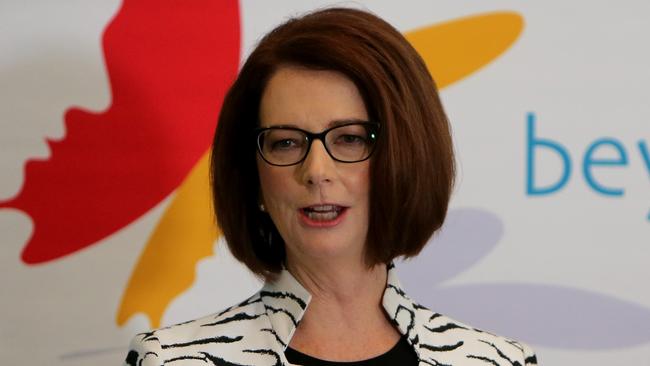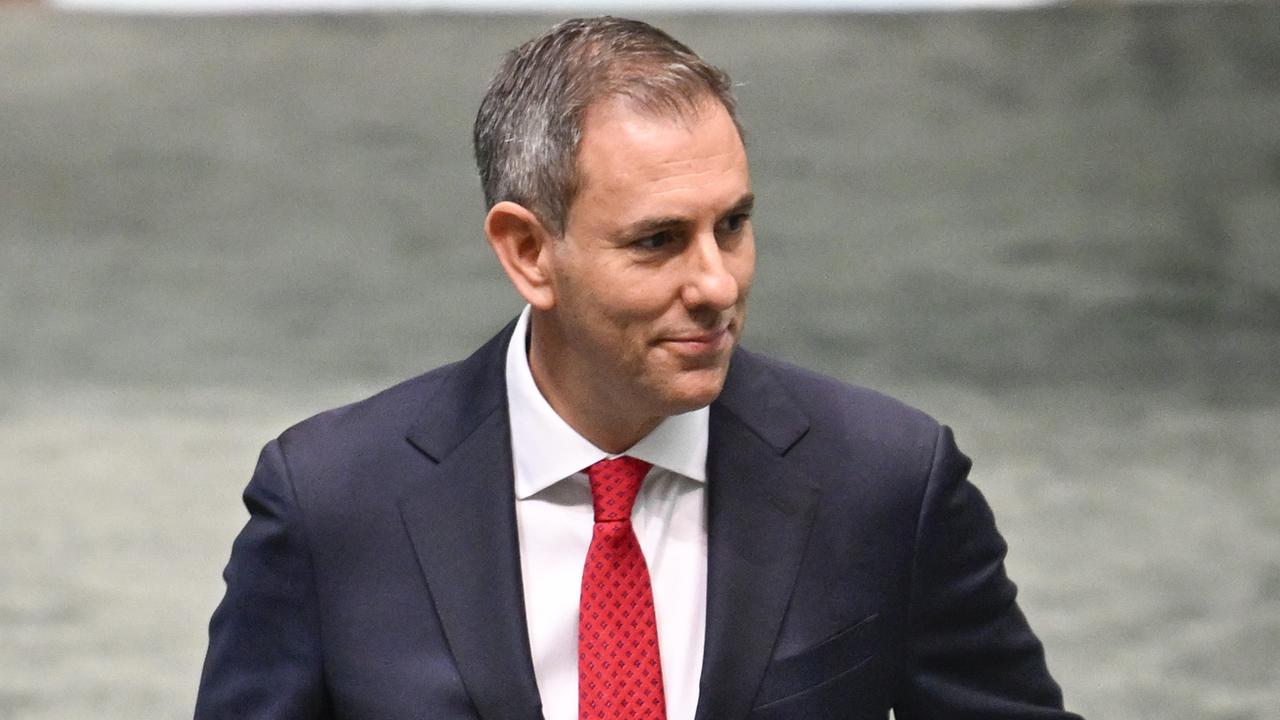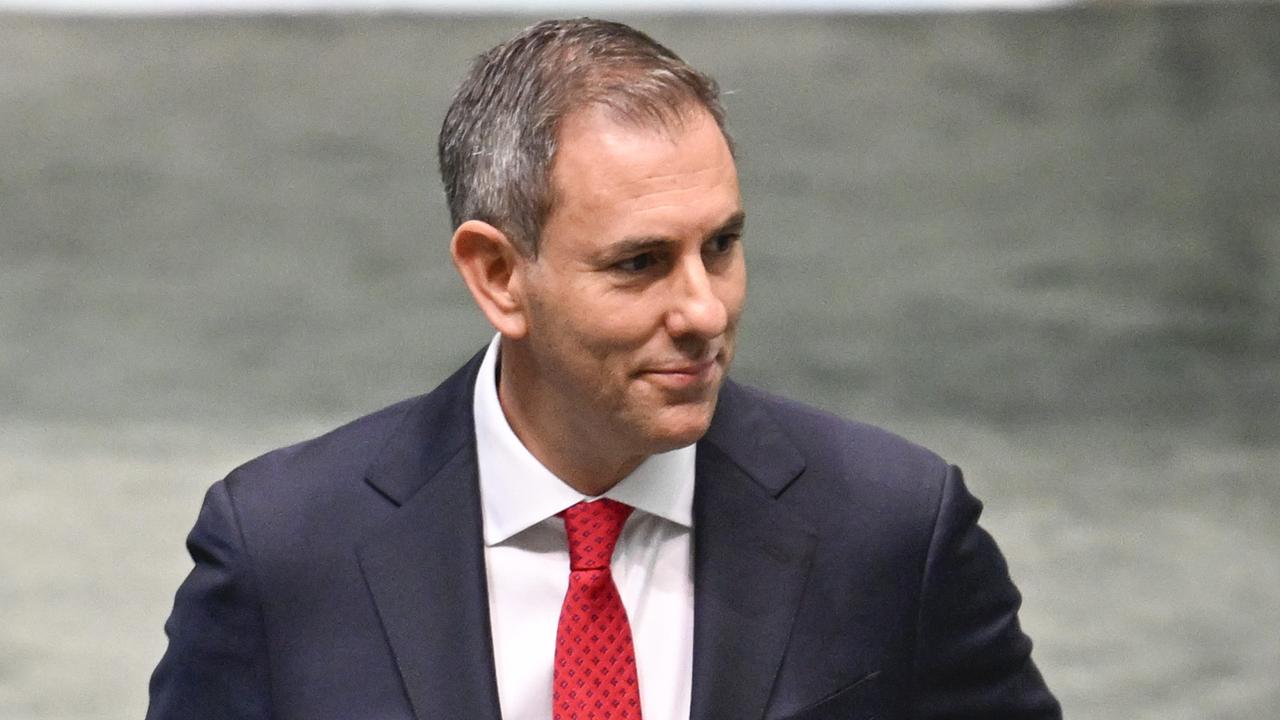Mental health system crisis-driven, says Julia Gillard
State and federal governments should bring the best elements of their national approach to Covid to address the mental health crisis, former PM Julia Gillard says.

Australia doesn’t have a mental health or suicide prevention system, former prime minister Julia Gillard says, just a collection of “patchy, piecemeal and crisis-driven” responses.
Ms Gillard, chair of mental health organisation Beyond Blue, is using a speech on Thursday to urge state and federal governments to replicate the best elements of their collaboration during Covid in the establishment of the new National Mental Health and Suicide Prevention Agreement due for finalisation in November.
She says business can play its part in getting the settings right, given mental health is currently costing up to $39bn a year in lost productivity and participation.
In her address to the Committee for Economic Development Australia mental health reform live-stream, Ms Gillard says while there is clear recent resolve from governments, including extra funding, to improve mental health, the key was bringing it together into one coherent system.
“Despite the efforts of many people who work tirelessly in them, Australia’s mental health and suicide prevention systems are not systems at all,” she will say. “They are patchy, piecemeal and crisis-driven.
“Covid has merely served to amplify pre-existing problems in our mental health system. It’s confusing to navigate, fragmented, unbalanced, chronically underfunded and does not work for the people it’s there to support.
“Too many Australians are told they’re either too sick or not sick enough.”
Speaking from London, where she is working with the Wellcome Trust and the Global Institute for Women’s Leadership, Ms Gillard will point to the rise in Beyond Blue mental health services in the pandemic, including 1.4 million visitors to its Coronavirus Mental Wellbeing Support Service since it launched in April last year.
“To September this year, demand for our counselling services is up 53 per cent on 2019,” she will say. “In 2020, demand increased up to 60 per cent. Young people are some of the biggest users of our services. Since the most recent lockdowns, 60 per cent of all contacts have been from people aged 15 to 34.”
Despite no evidence yet that Covid has increased suicide rates, Ms Gillard will say there is no room for complacency given increases in ambulance attendances for suicidal thoughts and self-harm in NSW and Victoria, where the lockdowns have been most severe.
A functioning future mental health system is possible if governments fully co-operate, and all parts of government are involved, not just health departments, she will say. That system should have agreed national outcomes, clearly understood priorities and a long-term spending plan to address them.
“When the pandemic hit, we saw decisive, collaborative efforts from all levels of government to protect Australians. Cumbersome layers of governance were set aside to ensure the rapid flow of money from the commonwealth to the states, or directly into the pockets of businesses, families, and individuals in need.
“When there is a national system laid out in an agreement between all governments, it can be scaled up and down, where and when it is needed.
“Contrast this with the mental health and suicide prevention system, which has no similar agreement,” Ms Gillard will say.
If you or someone you know is at risk of suicide, call Lifeline (13 11 14) or the Suicide Call Back Service (1300 659 467), or see a doctor



